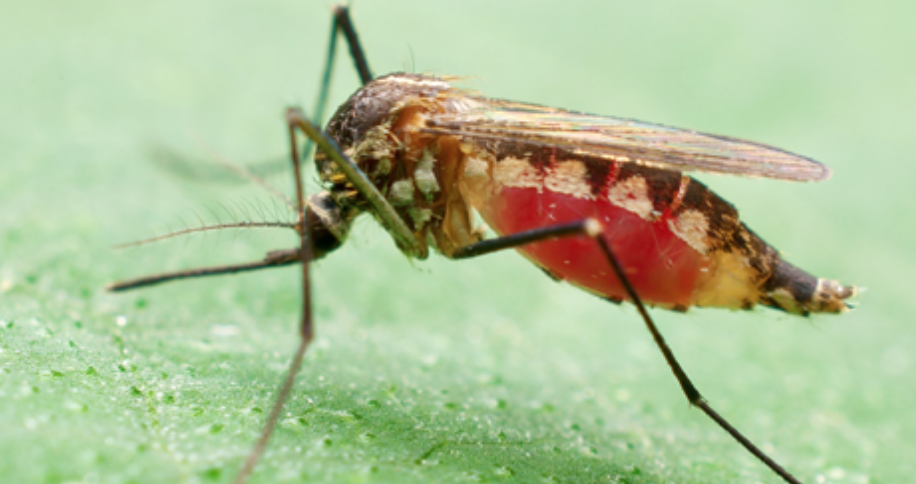Photo: Beware this guy.
The Massachusetts Department of Public Health announced Thursday, Aug. 18 that West Nile virus has been detected in three mosquitos recently collected from sites in Belmont.
WNV is most commonly transmitted to humans by the bite of a mosquito infected with the virus. While WNV can infect people of all ages, people older than 50 are at higher risk for severe infection.
The majority of people, up to 80 percent, who are infected with WNV will have no symptoms.
A smaller number of people who become infected (less than 20 percent) will have symptoms such as fever, headache, body aches, nausea, vomiting, and sometimes swollen lymph glands. They may also develop a skin rash on the chest, stomach and back.
Less than one percent of people infected with WNV will develop severe illness, including encephalitis or meningitis. The symptoms of severe illness can include high fever, headache, neck stiffness, stupor, disorientation, coma, tremors, convulsions, muscle weakness, vision loss, numbness and paralysis. Persons older than 50 years of age have a higher risk of developing severe illness.
As always, there are a few precautions people can do to help to protect themselves and their families:
Avoid Mosquito Bites
- Be Aware of Peak Mosquito Hours: The hours from dusk to dawn are peak biting times for many mosquitoes. Consider rescheduling outdoor activities that occur during evening or early morning. Otherwise, take extra care to use repellent and protective clothing.
- Clothing Can Help reduce mosquito bites. Although it may be difficult to do when it’s hot, wearing long-sleeves, long pants and socks when outdoors will help keep mosquitoes away from your skin.
- Apply Insect Repellent when you go outdoors. Use a repellent with DEET (N, N-diethyl-m-toluamide), permethrin, picaridin (KBR 3023), IR3535 or oil of lemon eucalyptus [p-methane 3, 8-diol (PMD)] according to the instructions on the product label. DEET products should not be used on infants under two months of age and should be used in concentrations of 30 percent or less on older children. Oil of lemon eucalyptus should not be used on children under three years of age. Permethrin products are intended for use on items such as clothing, shoes, bed nets and camping gear and should not be applied to skin.
Mosquito-Proof Your Home
- Drain Standing Water: Mosquitoes lay their eggs in standing water. Limit the number of places around your home for mosquitoes to breed by either draining or getting rid of items that hold water. Check rain gutters and drains. Make sure rain barrels are covered or screened. Empty any unused flowerpots and wading pools, and change water in birdbaths frequently.
- Install or Repair Screens: Some mosquitoes like to come indoors. Keep them outside by having tightly-fitting screens on all of your windows and doors.
Information about WNV and reports of WNV activity in Massachusetts during 2016 can be found on the MDPH website.








Leave a Review or Comment